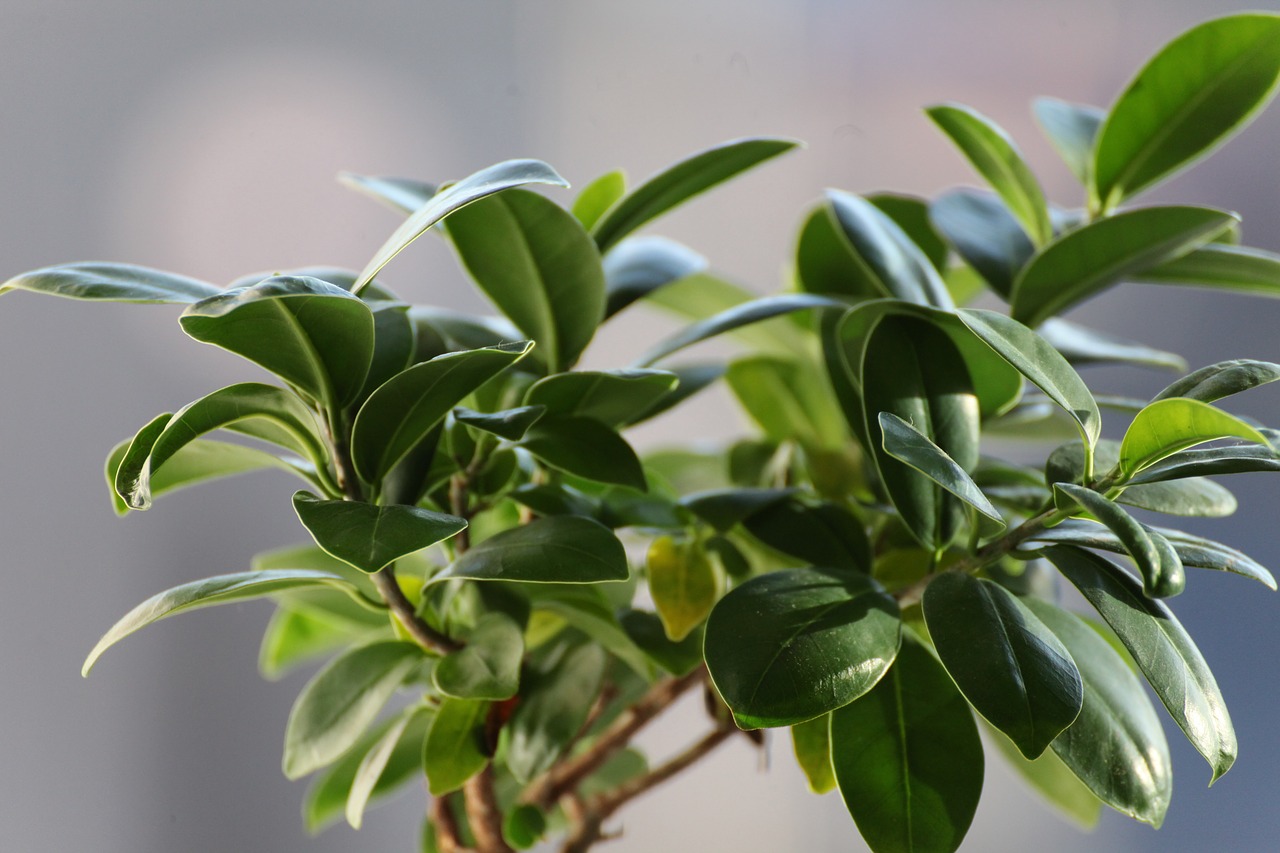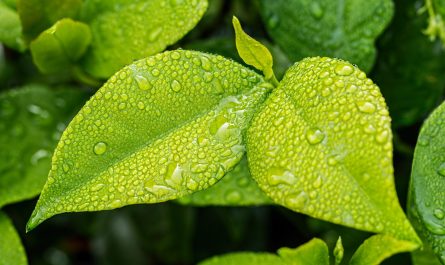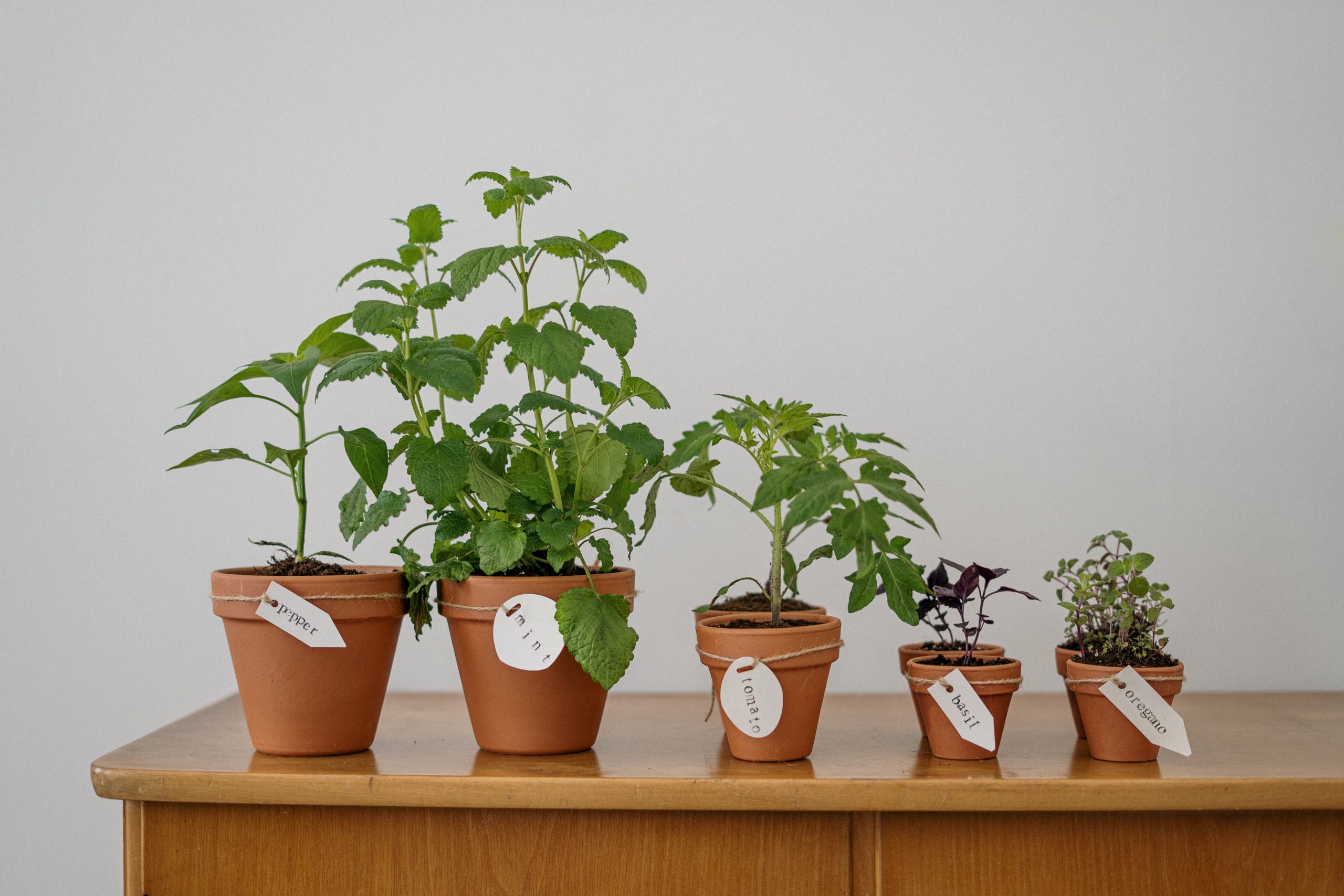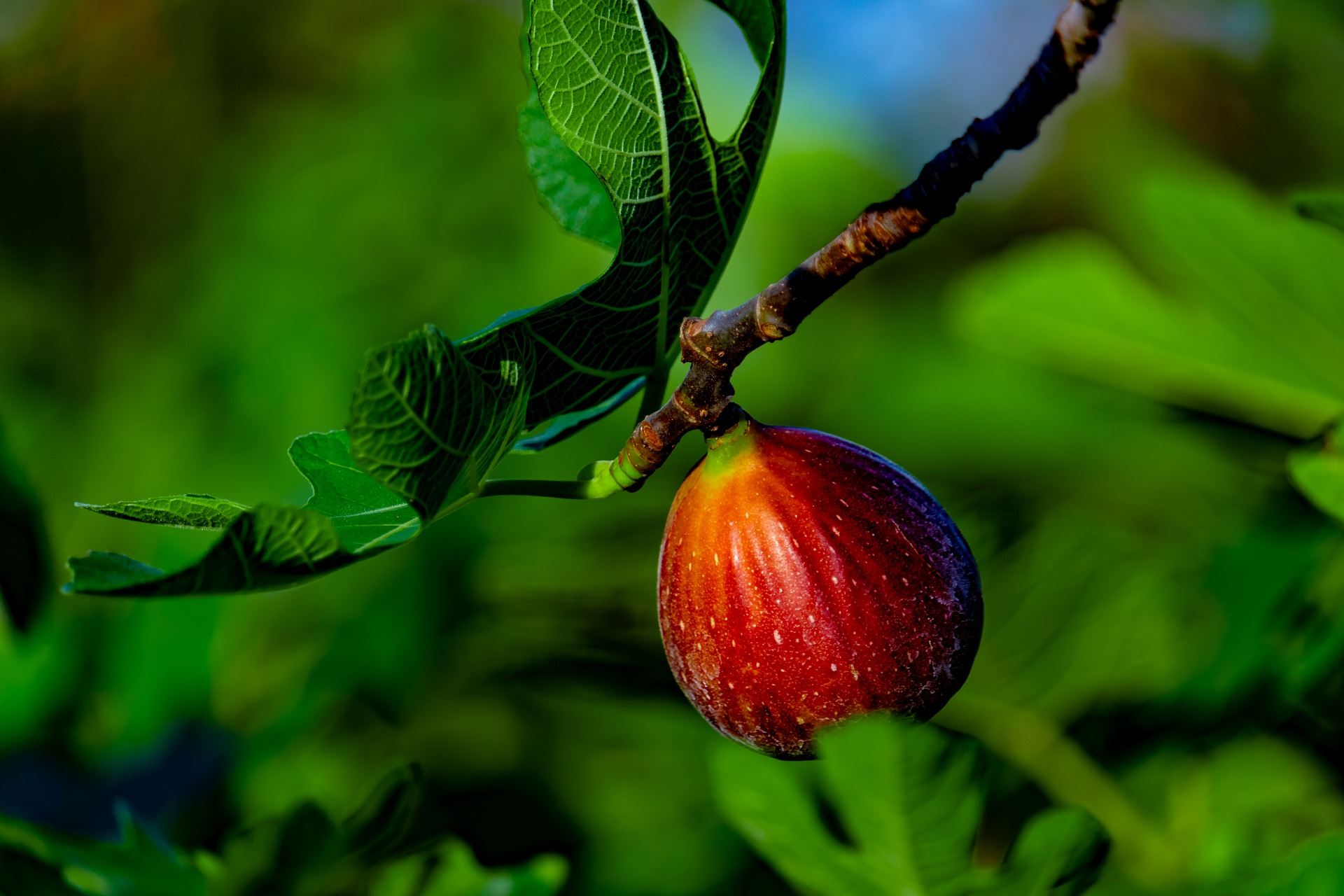Indoor plants not only decorate but also give a feeling of closeness to nature. The ficus is one green leafy plant among many that requires special care from its owner. Even if you don't necessarily have a green thumb, it is not difficult to take care of it. Only, that requires a great will. This plant is of Asian origin and is suitable for any type of interior, whether in a home or in an office. You should know that the ficus requires natural light without being exposed to direct sunlight. Since it is a tropical plant, it should be placed in a room with a mild temperature and low thermal amplitude.
Like any plant, the ficus could be subject to disease. This disease could be caused by absence or lack of maintenance, because of its location or because of insect attack. Here are 5 reasons that could be at the origin of the bad odor of a ficus.
Why your ficus smells bad ?
An Asian plant like the ficus requires some specific care in order to survive all diseases. This might require patience and a great deal of availability. Here are five points of the reasons that can explain the bad odors that emanate from a ficus.
1. Poor quality of the soil
You should know that for this type of plant, you must have specially treated and adapted soil. The soil is not chosen at random, it must be of the type of soil for green plants. The health and survival of the plant depends on this. Before embarking on repotting, you must make sure you have the right soil, that it is of good quality. A rotten earth could be the cause of the bad odors of the ficus. Check if the earth is giving off a strong enough odor.
2. Insects
It is true that on other plants insects are a great help for the whole ecosystem. On the ficus, on the other hand, they can be the cause of various diseases. It is necessary to check the presence of possible larvae in the compost that could be the cause of the odors. Do not hesitate to use insecticides or suitable pesticides to overcome this.
3. Maintenance problem
You should know that the maintenance of the ficus concerns its location, put it in a bright place without direct contact with the sun, avoid moving it too often, do not expose it to the wind, repot it every 2 years and especially do not water it too often, especially in winter. Also, try cleaning the foliage from time to time with a damp cloth and spraying it with cool water. Also, don't forget to place the plant in a place with a temperature between 15 and 22 ° C. All this is necessary for the health of a ficus and not to give off a bad smell.
4. Infected substrate
The substrate is a set of elements that make up the lower layer of the soil. It helps to position the plant well inside the pot. Its main role is found first in the absorption of water and nutrients, then in the distribution of the latter throughout the ficus. However, the presence of insects and too much water could interfere with its functions. This could cause the bad odors that emanate from the ficus.
5. Wrong amount of water
Water is an essential element for the survival of a plant like the ficus. However, be aware that watering this kind of plant too regularly could cause the soil to rot quickly. Rotten soil could give off bad odors. So avoid watering your ficus when the soil is still wet, wait until it is quite dry.
Some tips that could help you prevent your ficus from smelling bad
To avoid this kind of phenomenon, it will be necessary to respect the instructions relating to the maintenance of this plant. Watering a ficus tree is usually done weekly, especially in winter. In summer, it will have to be watered more often. However, you must always make sure that the soil is really dry. Knowing that the permanent presence of water is not beneficial for the plant.
For the substrate, precautions must be taken against larvae-type insects. A liquid vermicide could remove them effectively. If this turns out not to be enough, you have the option of placing insecticide sticks inside the jar. In order for the substrate to supply the plant with water and nutrients, the amount of water must not be too excessive.
Another technique that could limit the appearance of this phenomenon is to mix pebbles or polystyrenes in the earth.




